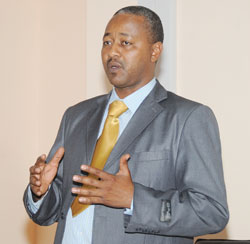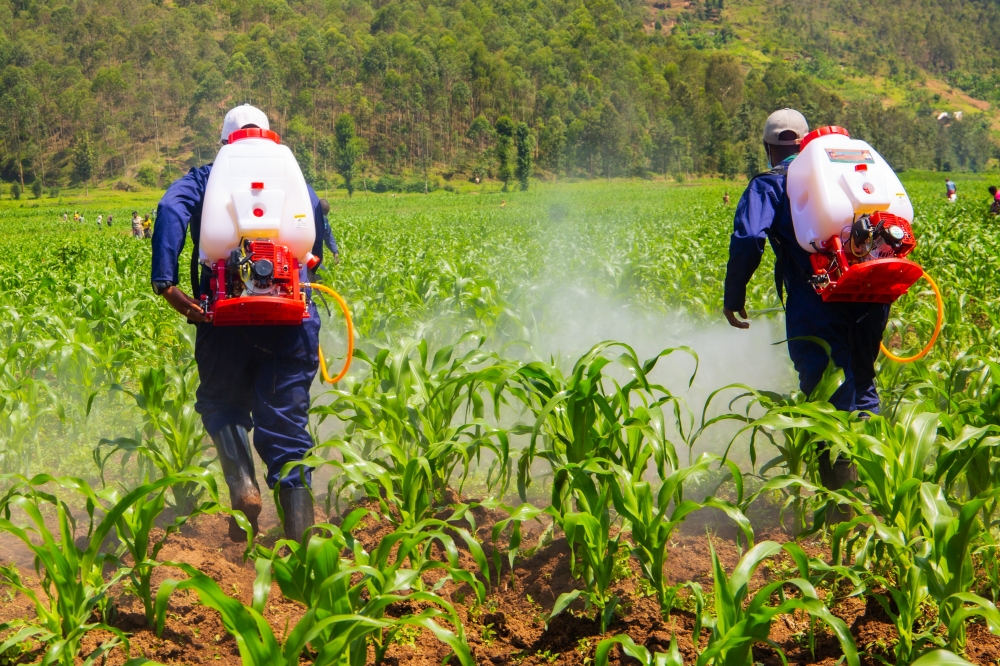Health organizations advocating for condom accessibility in secondary schools to support youth reproductive health, Friday held a media advocacy workshop.During the workshop, it was revealed that there is a legal provision for condom accessibility in secondary schools.A Lecturer at Butare University’s Faculty of Law, Tom Mulisa, said that international law states that there shouldn’t be limitation of accessibility to contraception.


Health organizations advocating for condom accessibility in secondary schools to support youth reproductive health, Friday held a media advocacy workshop.
During the workshop, it was revealed that there is a legal provision for condom accessibility in secondary schools.
A Lecturer at Butare University’s Faculty of Law, Tom Mulisa, said that international law states that there shouldn’t be limitation of accessibility to contraception.
"The law is very clear and therefore guarantees access to condoms. When one denies students access to condoms, then they are violating the law,”Mulisa said.
He added that Article 13 of the convention on children rights states that they should have access to information. The child shall have a right to freedom to seek, receive and impart information.
"Students should have access to this information regarding sexual reproductive health so they aren’t ignorant on the use of condoms and how they can protect themselves from unwanted pregnancies and HIV/AIDS,” he noted.
The lecturer observed that condoms are a life saving tool and most effective technology of preventing HIV/AIDS, and if youth don’t have access to them, then it’s like giving them a shortcut to death.
The Ministry of Health’s Strategic Plan on Prevention of HIV/AIDS also permits accessibility and use of condoms for all, according to Mulisa.
The in charge of Behavioural Change Communication at Rwanda Bio-medical Centre, Valens Hakizimana, noted that there were 614 cases of unwanted pregnancies in schools, this year alone.
He added that many youth were infected with HIV/AIDS due to having unprotected sex and that therefore there was need to increase access to condoms.
"Only 37% and 73% of young women and men aged 15-14 years, respectively, could access condoms on their own. The National target is to increase access to 60% women and 80% men by 2012,”Hakizimana added.
Ends




